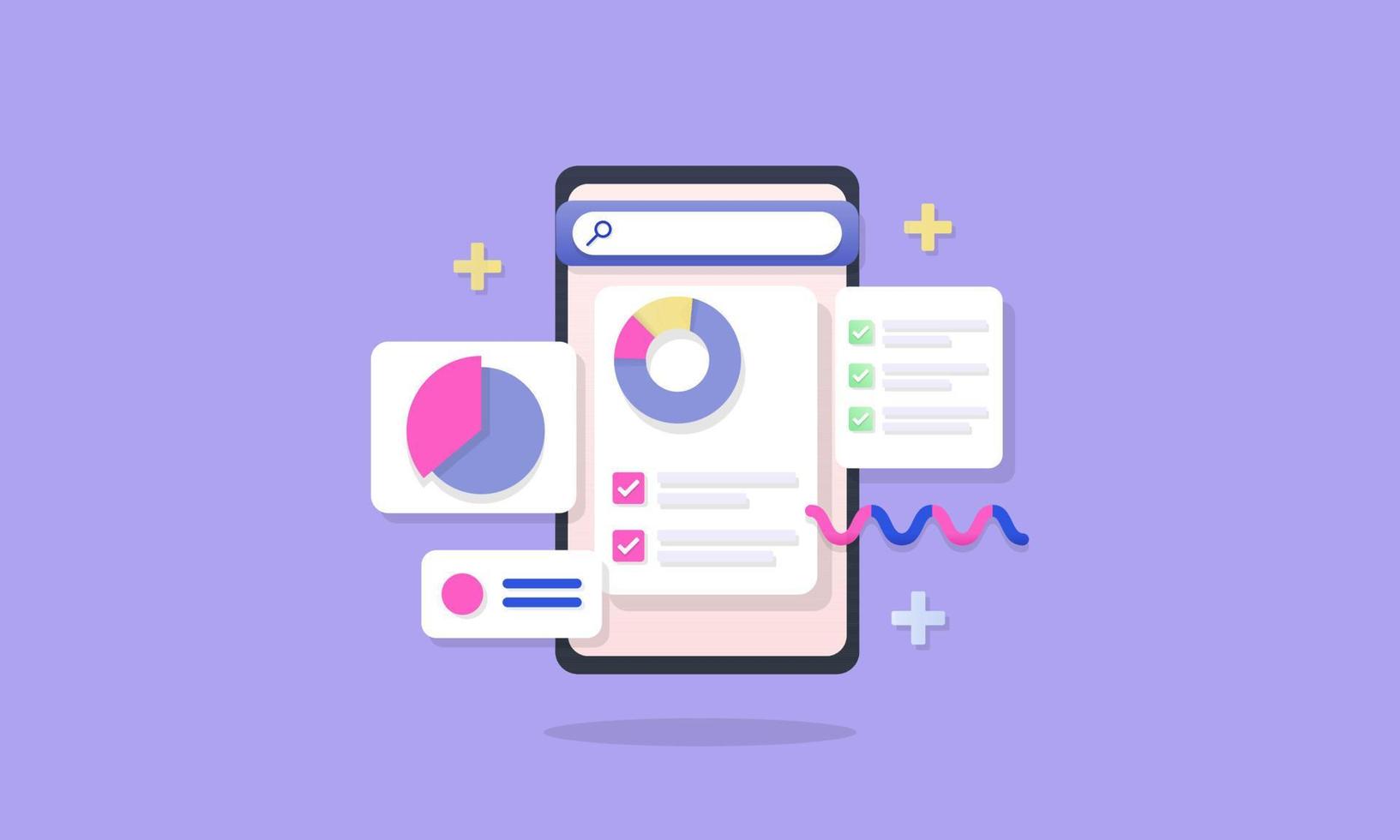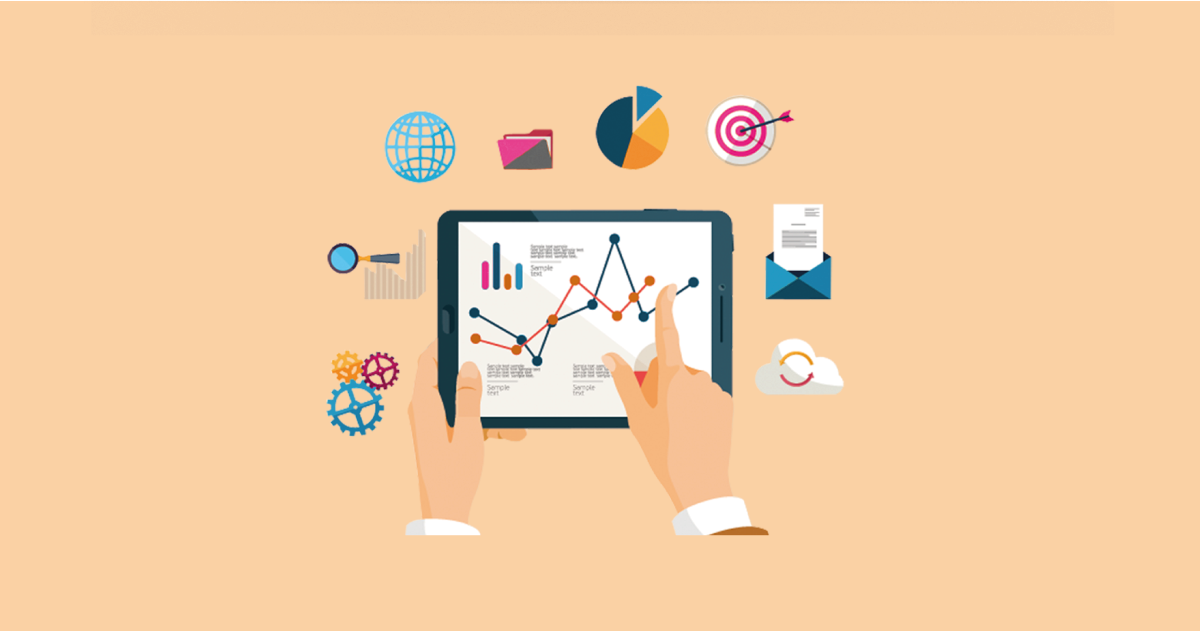In today’s digital era, research marketing has become a crucial aspect of any successful business strategy. It involves gathering and analyzing data to gain insights into consumer behavior, market trends, and competitors. By leveraging research marketing, businesses can make informed decisions, optimize their marketing efforts, and stay ahead in a competitive market. In this article, we will explore the latest tools for research marketing and how they can benefit businesses.
Latest Tools for Research Marketing

- Keyword Research Tools: Keyword research is crucial for search engine optimization (SEO) and content marketing. Tools like SEMrush, Moz, and Ahrefs help businesses identify relevant keywords, analyze search volumes, and understand keyword competitiveness. By targeting the right keywords, businesses can improve their website’s visibility and attract more organic traffic.
- Competitive Analysis Tools: Understanding competitors’ strategies is essential for staying ahead. Tools such as SpyFu, SimilarWeb, and BuzzSumo provide insights into competitors’ keywords, traffic sources, content performance, and social media presence. This information helps businesses identify gaps in the market, uncover new opportunities, and develop effective competitive strategies.
- Social Listening Tools: Social media platforms are a treasure trove of consumer insights. Social listening tools like AIM Insights, Hootsuite, and Mention enable businesses to monitor brand mentions, track sentiment, and identify emerging trends. By listening to customers’ conversations, businesses can identify pain points, engage with their audience, and improve their products and services.
- User Testing Tools: User testing tools such as UserTesting, Optimal Workshop, and Hotjar allow businesses to gather feedback on website usability, user experience, and design. By observing how users interact with their website or app, businesses can identify areas for improvement, enhance user satisfaction, and increase conversion rates.
- Data Analytics Tools: Data is the backbone of research marketing. Tools like Google Analytics, Tableau, and Mixpanel help businesses collect, analyze, and visualize data to gain actionable insights. These tools provide valuable metrics, such as website traffic, user behavior, conversion rates, and customer demographics. By leveraging data analytics, businesses can make data-driven decisions, optimize marketing campaigns, and improve overall performance.
Benefits of Using the Latest Tools for Research Marketing
The latest research marketing tools offer several benefits to businesses, including:
- Increased efficiency and time savings.
- Accurate and real-time data.
- In-depth insights into customer behavior.
- Competitive advantage through a better understanding of the market.
- Improved targeting and personalization of marketing efforts.
- Enhanced decision-making based on data-driven insights.
Tips for Choosing the Right Market Research Tools

When selecting research marketing tools, consider the following tips:
- Define your research objectives and identify the specific insights you need.
- Evaluate the features and functionalities of each tool.
- Consider your budget and the scalability of the tool.
- Read reviews and seek recommendations from trusted sources.
- Take advantage of free trials or demos to assess the tool’s suitability for your business.
Challenges and Limitations
While research marketing tools offer immense benefits, it’s important to acknowledge their challenges and limitations. Some common challenges include:
- Cost implications, especially for advanced tools.
- Complexity in handling large volumes of data.
- Ensuring data privacy and compliance with regulations.
- The a need for skilled personnel to interpret and utilize the insights effectively.
Future Trends in Market Research
Research marketing is a dynamic field that continues to evolve. Some future trends to watch out for include:
- Increased use of artificial intelligence and machine learning in data analysis.
- Integration of voice and visual search into keyword research.
- Enhanced personalization through predictive analytics.
- Continued growth of social media listening and sentiment analysis.
Case Study: How A Company Leveraged Research Marketing Tools to Dominate Their Industry
A mid-sized e-commerce retailer specializing sustainably was facing some difficulties in staying competitive in the market. Despite having high-quality products, and strong brand messages, they were facing some challenges in the market. Including the low website traffic, the poor customer engagement, and the unstable sales rate. So they decided to adopt a new strategy for market research, depending on the tools.
Challenges
- Low Organic Traffic: The company website wasn’t ranking well on the search engine. Leading to low traffic on the website pages.
- Lack of Competitive Insights: The competitors were above them in the market. With no insights about them or their strategies, to be able to understand the reasons.
- Poor Audience Engagement: social media customer engagement was very weak. As they were not addressing their concerns and complaints.
- Website Usability Issues: The target customers were leaving the website without completing the purchase.
- Limited Data-Driven Decision Making: Their marketing decisions were taken based on assumption not real-time data.
Implementation of Research Marketing Tools
The company decided to implement market research tools, to be able to collect the needed data for improvement.
-
Keyword Research: Boosting Organic Traffic
The company implemented a keyword research tool, to be able to identify the keyword with high volume and low compassion related to sustainability. Leading to:
- A 40% increase in the organic traffic on the website within the first 6 months.
- Higher search engine ranking for their products.
- Increasing the website backlinks from the blogs.
-
Competitive Analysis: Gaining Market Intelligence
To be able to understand their competitors and their strategies, they obliged competitors’ tracking tools to find:
- The competitor’s ad strategy, and the keyword they are using.
- The traffic sources and the customers are attractive channels.
- The top performing content on their social media and the strategy they follow for enhancing engagement.
These insights helped them to redefine their marketing strategy leading to:
- A 25% improvement in their paid ads performance.
- Launching targeted marketing campaigns that are achieving the needed results.
-
Social Listening: Enhancing Customer Engagement
The company used a social listening tool, to be able to monitor all the customer’s conversations and market trends. To be able to reach some useful findings about customers interested in ethical sourcing, they start to:
- Creates behind-the-scenes content about the production, showing its ethical sources.
- Launching a campaign that addresses the customer’s concerns.
Leading to an increase in the social media engagement by 50%. And boost in the brand sentiment by 30%
-
Data Analytics: for Smarter Decisions
To track their performance they used tracking tools to get insights about:
- The customer characteristics and the shopping behaviors.
- The effectiveness of their marketing campaigns.
- The conversation rate on their media.
These data helped them to:
- Put a suitable marketing budget for their campaigns.
- Improve their ROI on ad spend by 30%.
Conclusion
Research marketing is an indispensable component of modern business strategies. By leveraging the latest tools available, businesses can gather valuable insights, stay ahead of the competition, and make data-driven decisions. Whether it’s keyword research, competitive analysis, social listening, user testing, or data analytics, the right research marketing tools can propel businesses toward success in today’s digital landscape.
If you’re ready to supercharge your research marketing efforts, we encourage you to request a demo from AIM Technologies. Our cutting-edge platform combines the power of keyword research, competitive analysis, social listening, user testing, and data analytics into one comprehensive solution. Take the next step in optimizing your marketing strategy by contacting us today.
FAQs
How do research marketing tools benefit businesses?
- Research marketing tools provide businesses with valuable insights into consumer behavior, market trends, and competitors, enabling them to make informed decisions, improve marketing efforts, and drive revenue growth.
Which research marketing tool is best for competitive analysis?
- Tools like SpyFu, SimilarWeb, and BuzzSumo are popular choices for competitive analysis, offering insights into keywords, traffic sources, content performance, and social media presence.
Can social listening tools be used for influencer marketing?
- Yes, social listening tools allow businesses to monitor conversations and identify influential individuals or trends within their target audience. This information can be leveraged for effective influencer marketing campaigns.
What are the key features to consider when selecting data analytics tools?
- Key features to consider include data visualization capabilities, data integration options, advanced analytics algorithms, and scalability to handle large volumes of data.
How can businesses stay updated with the latest research marketing trends?
- Businesses can stay updated by following industry blogs, attending conferences and webinars, joining professional networks, and engaging with thought leaders in the research marketing field.




